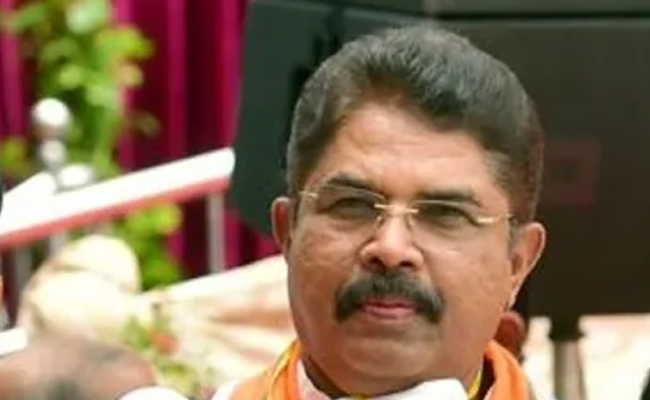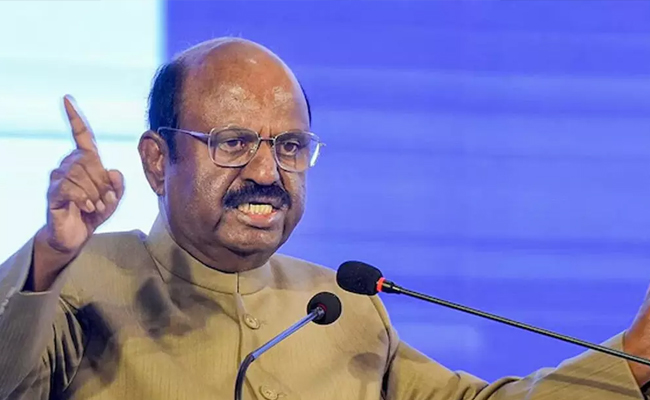Toronto, April 15: A good research pushed through social media -- primarily Twitter -- gets more citations, a team of researchers has found.
Analysing the famous academic aphorism "publish or perish" through a modern digital lens, a group of emerging ecologists and conservation scientists from the University of Alberta found good papers that get pushed on social media are what end up on people's minds.
"There's a compelling signal that citation rates are positively associated with science communication through social media. Certainly, Twitter provides an accessible and efficient platform for scientists to do a majority of that communication," said Clayton Lamb, lead researcher and a University of Alberta student.
Lamb and his team explored the phenomenon of science communication in the social media age, measuring the association of altmetrics -- alternative impact factors, which consider, amongst other avenues, the social media attention surrounding science discoveries -- with eventual citation of 8,300 ecology and conservation papers published between 2005 and 2015.
The team found a positive correlation between social media engagement and traditional measures of scholarly activity.
"There's a big hype when a paper comes out, but then there is this underwhelming lull for a year or two as you wait for citations to accumulate, so you don't really know whether your science is reaching people," Lamb said.
"We quantified whether science communication may correlate with more citations. In the case of ecology and conservation science, it looks like it does," added Lamb.
Lamb said though much of scientists' communication on social media is directed at other scientists, by virtue of the medium, information is making its way to the broader community.
He noted statistics show that nearly half of ecologists' followers on Twitter are non-scientists, environmental groups and the media.
"Ecologists and conservation scientists are dealing with applied problems that the public cares a lot about. So when science gets stuck in the circles of academia and doesn't make it out to the public, it's doing that publicly funded research and its potential applications, a disservice," said Lamb.
Let the Truth be known. If you read VB and like VB, please be a VB Supporter and Help us deliver the Truth to one and all.
Bengaluru (PTI): Leader of Opposition in the Karnataka Assembly R Ashoka on Thursday took a dig at CM Siddaramaiah ahead of the state Budget presentation, claiming that the government is expected to borrow Rs 1.15 lakh crore and is likely to impose fresh taxes on the people.
He said the Budget would have nothing new, adding that its highlights would be criticism of Prime Minister Narendra Modi and repeated mentions of the five guarantee schemes ('Shakti', 'Gruha Lakshmi', 'Gruha Jyoti, 'Yuva Nidhi' and 'Anna Bhagya').
Chief Minister Siddaramaiah, who also holds the Finance portfolio, is scheduled to present the 2026–27 Budget on March 6. This will be his record 17th budget.
“Siddaramaiah-led Congress government’s budget will be presented tomorrow. While Finance Minister Nirmala Sitharaman reduced the tax burden in the Union Budget, Siddaramaiah is known for imposing taxes on people. He imposes about four taxes a month and has already introduced 36 taxes, and is now looking for ways to impose more,” Ashoka said.
Speaking to reporters, he said the Congress had promised people before coming to power that the guarantee schemes would be implemented without imposing any burden on them.
“By the end of the chief minister’s term, the state’s total debt will probably exceed Rs 6 lakh crore. The government has already breached financial discipline. Siddaramaiah and his government are somehow managing the situation,” Ashoka claimed, adding that his borrowings as CM equal those of 12 or 13 former chief ministers combined.
Stating that the Budget should create higher revenue sources, ensure that no burden is placed on people, and take the state away from debt, the opposition leader said this could be ensured only by a “clever and intelligent finance minister.”
“Anyone can run a government by pushing the state into debt,” he said, accusing Siddaramaiah of “increasing the state’s debt and failing to meet the expectations of the people.”
Highlighting that Siddaramaiah blames the previous BJP government for everything, Ashoka said Basavaraj Bommai, the chief minister during the previous BJP government, had presented a “surplus budget,” without excessive borrowings.
“Despite having the opportunity to borrow more while staying within the parameters of financial discipline, he (Bommai) did not do so, as it would burden the people,” he said, accusing Siddaramaiah of borrowing crores of rupees every year.
“I feel that this time too, he will take a loan of Rs 1.15 lakh crore,” he claimed.
The BJP leader said he had written to the CM requesting an allocation of Rs 15,000 crore annually for the development of backward taluks, as recommended by the High Power Committee on Redressal of Regional Imbalance (HPCRRI), chaired by economist Prof M Govinda Rao.
Claiming that the government appears “inactive” due to internal rifts, Ashoka pointed to an ongoing power struggle between factions led by Siddaramaiah and Deputy Chief Minister D K Shivakumar over the CM’s post.
“Amid all this, we cannot expect anything new from this Budget. The CM will repeatedly speak about the guarantee schemes and target the central government and PM Modi. Criticising Modi and repeated mentions of the five guarantee schemes will be the highlight of this Budget. Other than that, there will be nothing new,” he added.
He also dismissed the CM's claim that the government had achieved 90 per cent of the promises made in the previous Budget. “The fact is that not even 9 per cent has been achieved. I have evidence for it,” he said.
Ashoka further alleged that the government had also failed in tax collection, achieving only 48 per cent of the target, and had released less than 40 per cent of the allocated funds to some departments.




